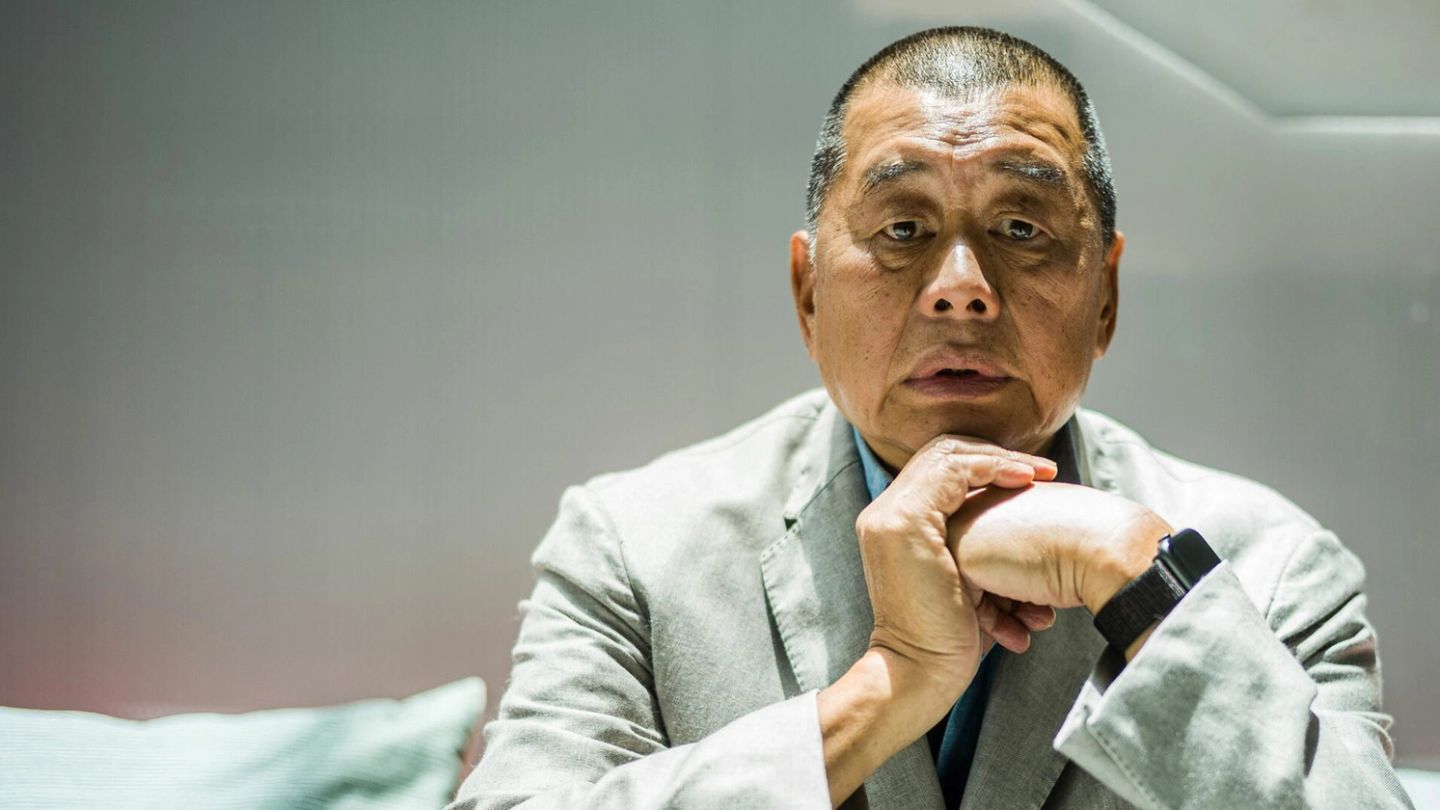

Words: Zoe Dickens
Jimmy Lai is not like most businessmen. Lai – whose personal wealth is estimated at $1 billion – has been fighting for a long time. Through his roster of publications including Apple Daily, he has championed free speech and, last summer, he led from the forefront of Hong Kong’s pro-democracy movement. Naturally, his participation was not without repercussions; following the protests, Lai was arrested in August on suspicion of “collaborating with foreign forces”, a charge Beijing was able to bring against him in the wake of a national security law imposed on Hong Kong following the unrest. Upon his arrest Lai was filmed being marched from his house in handcuffs. Later, he was put through a ‘perp walk’ in the offices of his own newspaper.


